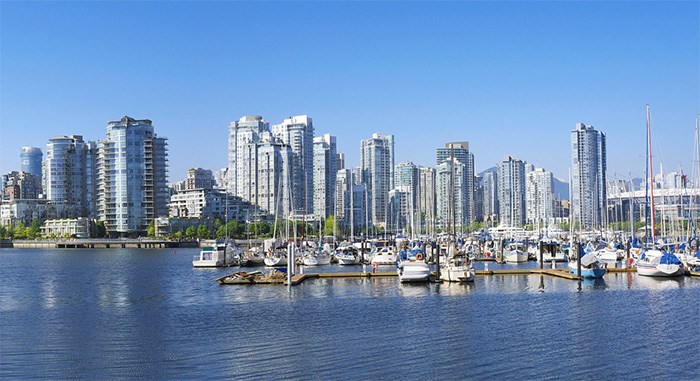
Â鶹´«Ă˝Ół»is one of Canada’s most dense cities but it still has a much lower population density than other major urban centres around the world and could handle much more housing supply, according to a new report from the Fraser Institute.
Its study compared population densities in 30 metropolitan centres in high-income developed countries. It found Canadian cities to be the least dense. Â鶹´«Ă˝Ół»ranks 13th out of 30 cities surveyed with 5,493 people per square kilometre. The Fraser Institute contrasts that to San Francisco, which has 7,171 people per square kilometre.
“Compared to their international peers, Canadian cities have much lower levels of density, and thus an ability to expand the supply of housing,” said Josef Filipowicz in a press release.
Filipowicz is a senior policy analyst with the Fraser Institute’s Centre for Municipal Studies and author of Room to Grow: Comparing Urban Density in Canada and Abroad.
In Toronto, meanwhile, the study found there are 4,457 people per square kilometre. Toronto’s population could triple and the city wouldn’t have the density of Brooklyn, which stands at 14,541 people per square kilometre, according to the Fraser Institute.
Population densities of other major cities per square kilometre:
Philadelphia: 4,512
Chicago: 4,594
Boston: 5,376
London: 11,054
Paris: 21,067
“Canadian cities can become significantly more dense, and possibly more affordable, without sacrificing living standards,” argues Filipowicz.
“Some of the most desirable, liveable cities in the world have much higher population densities than Canada’s biggest cities.”


